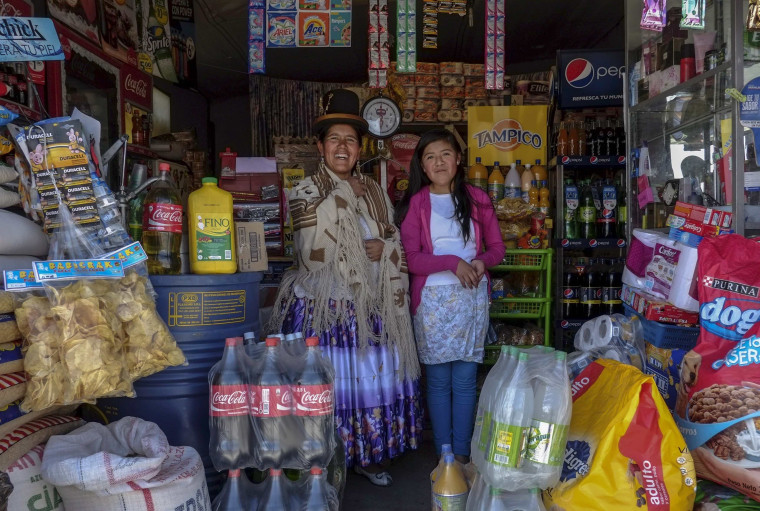Bucking international trends, Bolivia has become the first nation to legalize child labor from the age of 10, The Associated Press reported. The new law was passed by Bolvia’s Congress earlier this month and signed into law by Vice President Alvaro Garcia Thursday as President Evo Morales was traveling. The law will allow 10-year-old children to work as long as they have parental supervision. Children over the age of 12 can also work under contract, as part of the law. These children all must still attend school as a stipulation of them working.
The new legislation lowers the minimum working age from 14. The law’s sponsors said that lowering the age will allow the country to better regulate child labor and protect the rights and security of working children. Before the law’s passage, child labor was common throughout the country’s poorer populations. It is estimated that as many as 1 million Bolivian children work regularly, comprising roughly 15 percent of the South American country’s workforce, according to the AP. Activists working to reduce child labor condemn the law, saying it violates a U.N. convention that set 14 as the minimum work age.
In-Depth
- In Texas, A Look at the Borden Children Crisis by the Numbers
- In 17 States, 1 in 5 Kindergartners Is Latino
- Wage Gap Growing Most for Hispanics
— Jacob Passy
